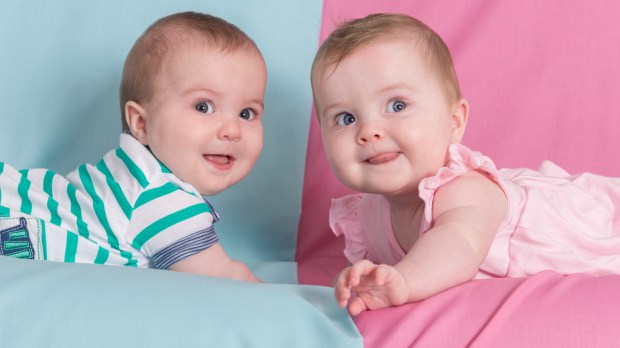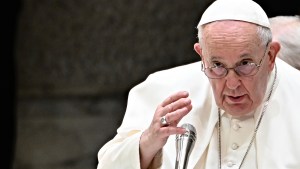Gender ideology is “opposed to reason, to science, and to a Christian view of the human person,” two Catholic bishops in California have stated.
“The Body-Soul Unity of the Human Person” is a September 29 letter signed by Archbishop Salvatore J. Cordileone of San Francisco and Bishop Michael C. Barber, SJ, of Oakland.
Unlike many letters and directives that have been issued by dioceses and universities over the past couple of years, “The Body-Soul Unity of the Human Person” does not set policy, such as forbidding the use of “preferred pronouns.” The letter does, however, link to documents issued by other entities, such as the United States Conference of Catholic Bishops.
“The complexities and moral implications of alterations to the human body are treated extensively in the Doctrinal Note on the Moral Limits to Technological Manipulation of the Human Body issued by the USCCB Committee on Doctrine on March 20, 2023,” the letter notes. “Great harm can be done in situations where medical procedures and treatments fail to respect the fundamental created order of the human person. We especially encourage physicians and healthcare workers, those considering medical treatments for gender dysphoria, and anyone caring for people suffering from gender dysphoria to carefully consider the information contained in the Doctrinal Note.”
The letter calls on those who carry out Church ministries to familiarize themselves with Church teaching “in order to accompany those we serve in love and truth.”
Sound understanding
“The Body-Soul Unity of the Human Person” mostly explores the Christian anthropology that supports the understanding that man and woman are created by God to be a particular sex.
“Gender ideology denies certain fundamental aspects of human existence, such as male-female sexual difference, the reciprocal complementarity of man and woman, and the essential unity of body and soul in the human person,” write Archbishop Cordileone and Bishop Barber. “Gender ideology is, in many important respects, radically opposed to a sound understanding of human nature, leading to forms of cultural influence, especially via education and legislation, that promote a notion of personal identity which is left to the choice of the individual and that deny the anthropological basis of the family as founded on the biological difference between male and female.”
It’s wrong to believe that one was born with “the wrong body,” the bishops write, because, they say, quoting the Catechism of the Catholic Church, “‘being man’ or ‘being woman’ is a reality which is good and willed by God.”
While it is charitable “to accompany in a spirit of solidarity those marginalized and suffering” from gender dysphoria, it is imperative to affirm the beauty and truth of God’s creation, the bishops write.





